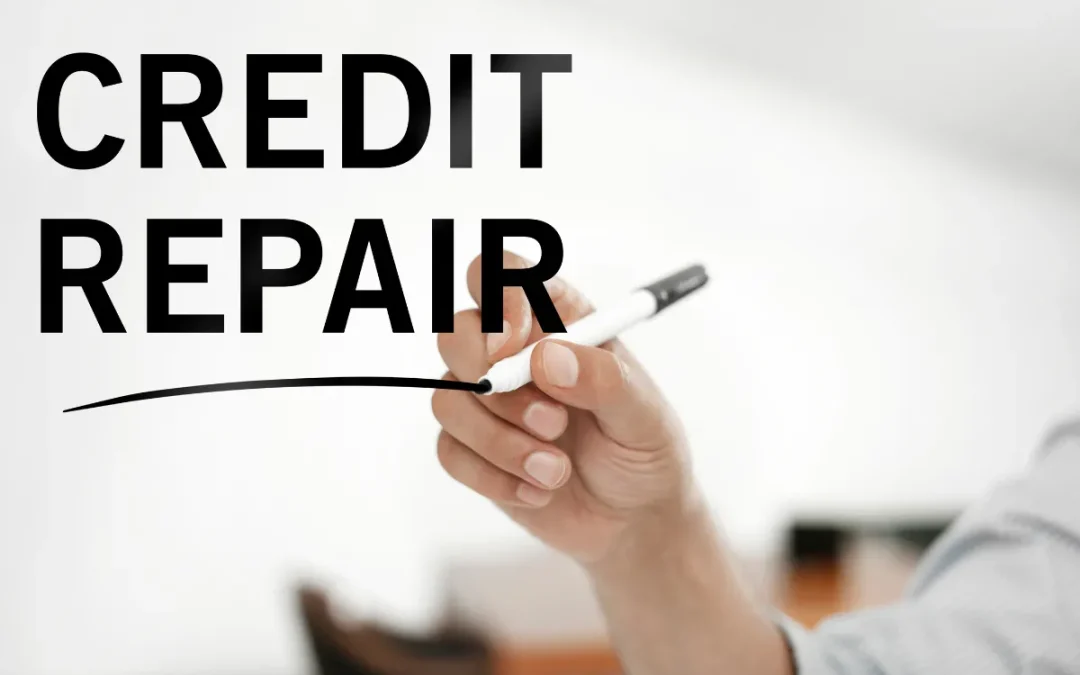Credit bureaus gather all sorts of details to prepare your credit report – this includes your credit card usage, loan history, and even mortgage payments. They do a pretty good job, but hey, nobody’s perfect! Sometimes errors sneak into your credit report, and these little mistakes can make a big difference when you’re applying for new credit or a loan. In this blog, we’ll explain the simple steps to dispute errors on your credit report.
If you’re looking for credit repair specialists, contact Credit Repair of Florida today.
What’s a Credit Report?
A Credit Report is a detailed record of how you handle your money. It lists your credit card accounts, any loans you might have, and even your mortgage if you’ve got one. It also keeps track of your payment history – like whether you’ve paid your bills on time or missed a few deadlines. Plus, it keeps a record of how much you currently owe and the total amount of credit you have available.
Credit reports are prepared by organizations called credit bureaus. These bureaus collect information from various sources (like banks, credit card companies, and other lenders) to create a picture of your credit history. This is important because it helps lenders decide whether to give you a loan or a credit card and at what interest rate.
Common Errors in Your Credit Report
Here’s a rundown of some of the common errors in your credit report:
- Wrong Name or Address: Sometimes, the credit bureaus might mix up your information with someone else’s. This could be as simple as having a similar name or a previous address that’s not updated. Always check your personal details first.
- Payment Glitches: Maybe you paid your credit card bill on time, but for some reason, it’s showing up as late on your report. These kinds of hiccups can happen, and they’re important to catch.
- Mysterious Accounts: Every so often, an account you don’t recognize might pop up on your report. This could be a clerical error, or worse, a sign of identity theft. Either way, it’s something you’ll want to investigate.
- Duplicate Entries: Sometimes an account might be listed more than once. This can make it look like you have more debt than you actually do. Double entries can be a double trouble for your credit score.
- Outdated Information: Information that should have disappeared from your report might still be hanging around. This includes old debts that you’ve already paid off or negative information that’s too old to be reported.
How to Dispute an Error on Your Credit Report
Did you find an error in your credit report? Don’t sweat it. Disputing it is easier than you might think. Just follow these simple steps to get things sorted:
- Get Your Credit Reports: First things first, you need your reports. You can get a free copy of your credit report once a year from each of the three major credit bureaus: Equifax, Experian, and TransUnion. Go through them with a fine-tooth comb to spot any errors.
- Gather Your Proof: If you spot an error, gather documents that support your case. This could be bank statements, payment confirmations, or any other records that show what the correct information should be.
- Write to the Credit Bureau: Draft a letter to the credit bureau that has the error. Clearly explain what the mistake is and why it’s wrong. Attach copies of your documents that back up your claim. Be sure to keep a copy of everything for your records.
- Don’t Forget the Creditor: It’s also a good idea to inform the company or creditor who reported the incorrect information. Like the bureaus, send them the same information and documents.
- Keep an Eye on the Clock: Credit bureaus typically have 30 days to investigate your dispute. They’ll check with the creditor and then get back to you with their findings.
Check the Outcome: Once the bureau has investigated, they’ll let you know the result. If they agree with you, they’ll correct the error and give you a free, updated copy of your credit report.
- Follow Up if Needed: If the error isn’t fixed, don’t give up. You may need to provide additional information or file a dispute with the creditor directly.
Summary:
Keeping your credit report accurate is essential for your financial well-being. By following the guidelines outlined in this blog, you can take control of your credit and secure a brighter financial future. Remember, it’s your right to have accurate information on your credit report, so don’t hesitate to dispute any errors you come across.
Are credit report errors causing you financial stress? At Credit Repair of Florida, our credit repair specialists are here to help you rectify errors and improve your credit score. Contact us today for more information about our services.

